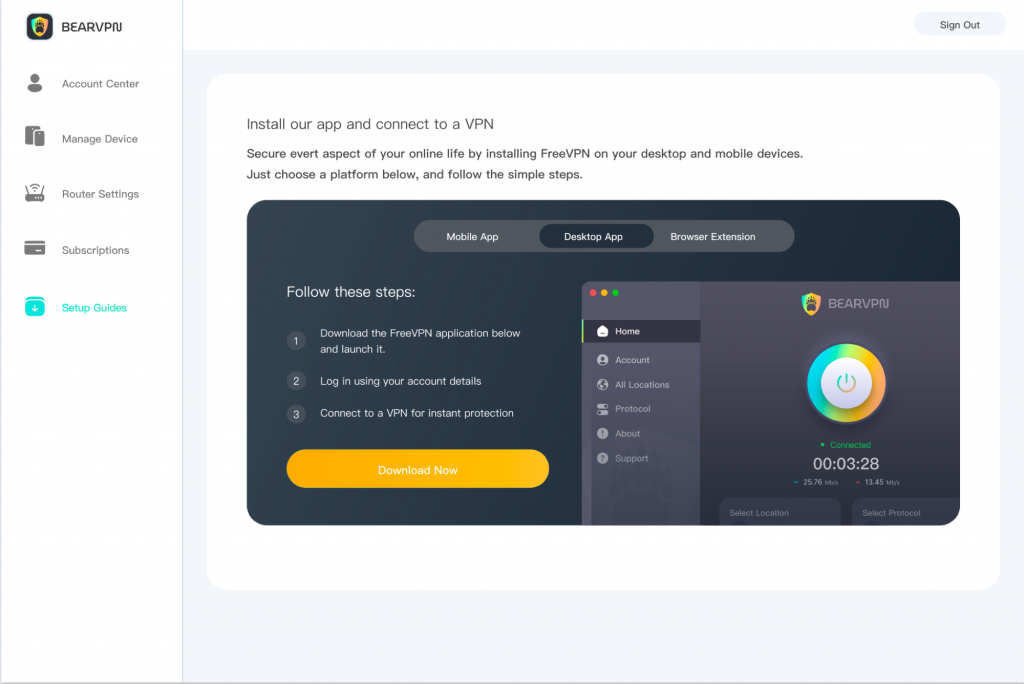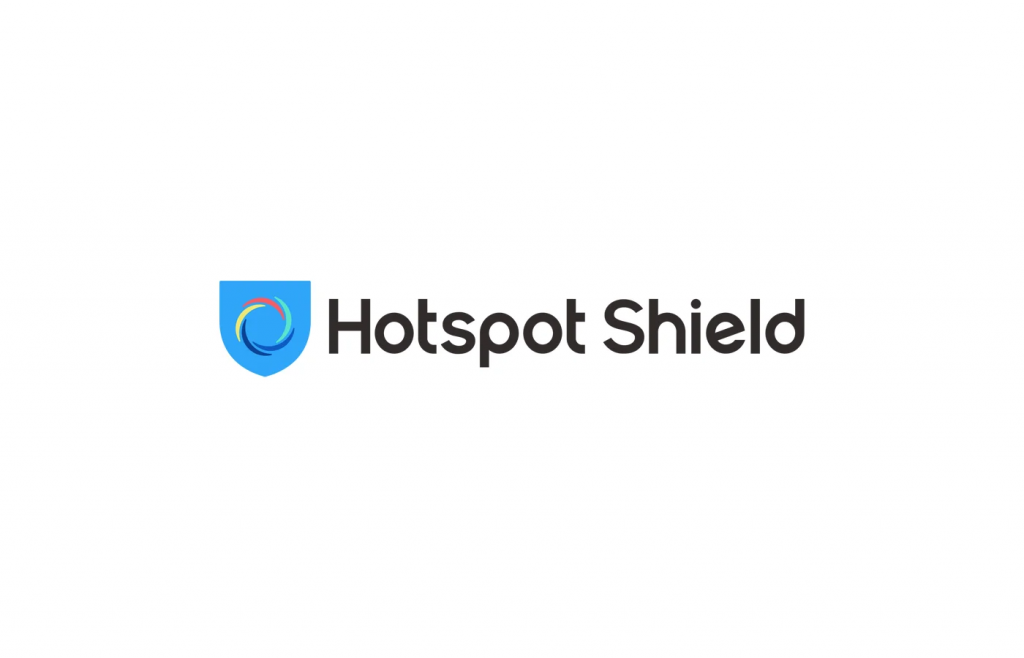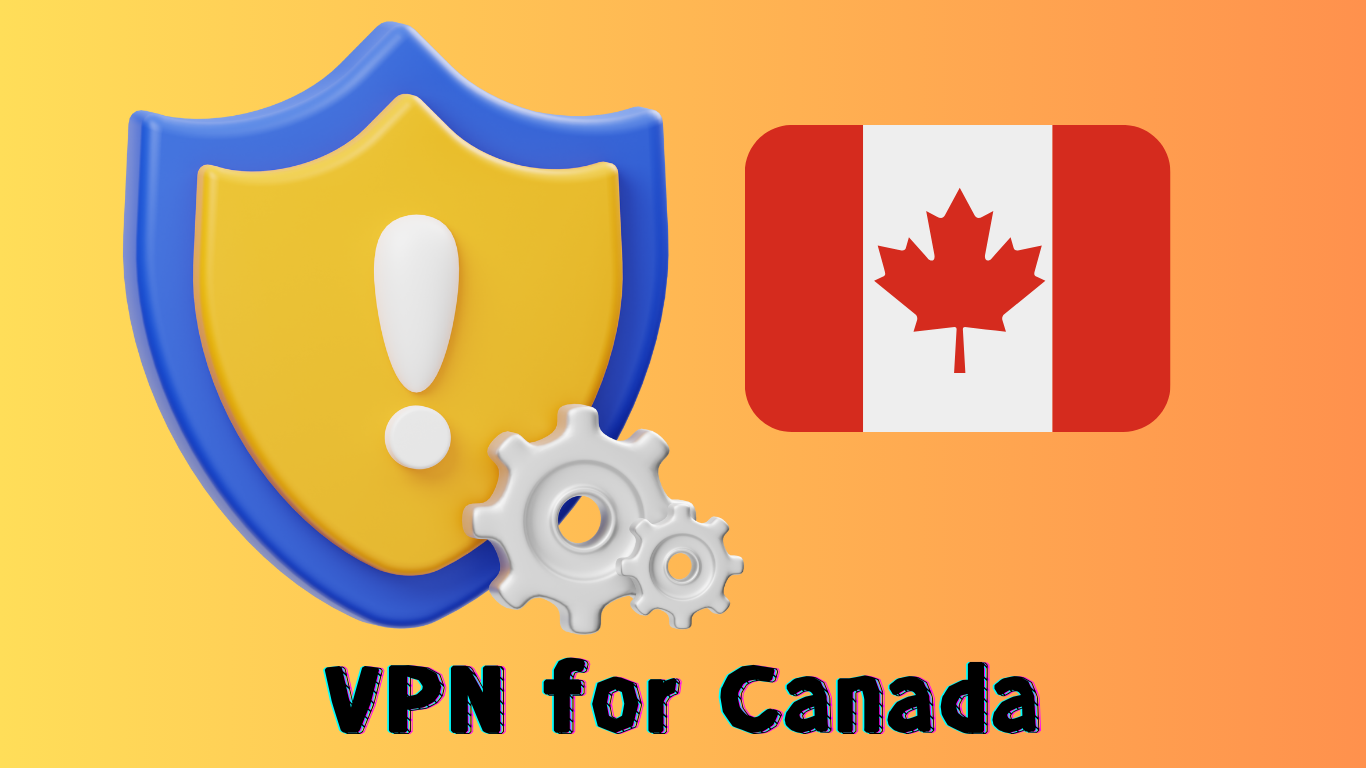Canada might not always be the first country that comes to mind when thinking about internet restrictions or data privacy concerns, but recent developments have sparked a growing interest in VPNs. Whether it’s accessing blocked websites, dodging geo-restrictions, or simply keeping your data safe from prying eyes, VPNs are a hot topic in the Great White North. But what’s the situation with free VPN for Canada? Are they legal? Do they even work? Let’s dive in.
Why Do You Need a VPN in Canada?
Canada’s internet landscape is not as open as you might think. While not as restrictive as some countries, it’s still worth noting that certain websites are blocked, and privacy concerns are growing. Recent laws, like Bill C-11 (the Online Streaming Act), have raised alarms among citizens worried about government intervention in what they can access online.
Blocked Websites
It’s no secret that some popular streaming services or international websites restrict access based on location. Canadians might face barriers when trying to watch certain Netflix libraries, Hulu, or BBC iPlayer. And it’s not just entertainment—sometimes, news sites, forums, or other resources are geo-blocked too.
Data Privacy Concerns
Canada is part of the “Five Eyes” intelligence alliance, meaning data sharing between countries happens behind the scenes. While most Canadians probably aren’t engaging in anything questionable, the idea that your online activity can be scooped up and shared may not sit well with privacy-conscious users. That’s where a VPN comes in to encrypt and protect your data.
Canada enjoys a reputation as a country that values freedom, but the internet is not as unrestricted as one might think. The government has been tightening regulations on data privacy and online security. Recent high-profile data breaches have exposed the personal information of thousands of Canadians, making cybersecurity a pressing issue. Combine this with blocked websites—whether for copyright reasons or due to regional restrictions—and suddenly, Canadians have a genuine need for VPNs.
Are VPNs Legal in Canada?
Let’s clear up a common question: Yes, VPNs are legal in Canada. However, what you do while using a VPN can still be subject to legal scrutiny. For example, if you’re engaging in illegal activities (like torrenting copyrighted content), using a VPN won’t make you immune to the law.
That said, VPNs in Canada are used for perfectly legitimate purposes, such as securing your data on public Wi-Fi or accessing content otherwise unavailable due to geo-blocking. The key is responsible usage—stay informed, and don’t assume a Free VPN for Canada is a free pass for everything.
Is Free VPN for Canada the Solution?
Many users wonder if a free VPN is enough to get the job done. The short answer? It depends. Free VPNs often come with data limits, fewer server options, and slower speeds, making them less than ideal for streaming or torrenting. That said, if you only need occasional access or simply want to bypass geo-restrictions, free VPNs can be a solid starting point.
Popular Free Canada VPN Options
Now that we’ve established the need for a VPN, let’s talk about your options. Free VPNs can be hit or miss, but some offer solid functionality for casual users. Here are a few popular ones in Canada:
1. Bear VPN
Bear VPN is not as widely recognized but it is still making waves in the free VPN market. Designed with simplicity in mind, Bear VPN is geared toward users who need a lightweight VPN for basic browsing, especially for iPhone and iPad users who have limited needs on Free VPN for Canada.
Bear VPN offers Canadian servers, which means it’s handy for people within the country looking to bypass regional blocks or those abroad wanting to access Canadian content. It boasts a straightforward interface and military-grade encryption for casual use. However, the free version of Bear VPN comes with limited servers—usually enough for light browsing but not ideal for streaming or large downloads.

I found Bear VPN to be a reasonable Free VPN for Canada option for someone who’s just looking to maintain some privacy or do a bit of light geo-unblocking. Speeds were fairly consistent, but I wouldn’t rely on this for heavy lifting, such as streaming in HD or gaming. The connection was reliable, but like many free VPNs, it struggled to maintain access to major streaming platforms like Netflix or Hulu.
2. ProtonVPN
One of my go-to suggestions for a reliable free VPN in Canada is ProtonVPN. This service has a fantastic reputation, primarily because it offers unlimited data in its free version—something rare among free VPNs.
ProtonVPN gives you access to servers in the US, Japan, and the Netherlands (though no free Canadian servers, unfortunately). That said, it excels in privacy, offering robust encryption and a strict no-logs policy. Its speeds are decent for casual browsing, but you won’t get the best performance for streaming or torrenting.
What I love about ProtonVPN is the lack of a data cap, which makes it ideal for those who hate constantly monitoring their usage. If you’re primarily looking for privacy over streaming access, this is an excellent choice. However, without Canadian servers in the free version, it may not be your top pick if you need to access Canadian-only services.
3. Windscribe

Windscribe is another well-known VPN provider that offers a solid free plan for Canadian users. What sets it apart is the relatively generous 10GB monthly data allowance for free users—significantly more than many other free options.
Windscribe offers servers in over 10 countries, including Canada, which makes it a strong choice if you’re trying to access content from within the country or abroad. Windscribe also has a browser extension that adds an extra layer of convenience for quick browsing. It’s decent for streaming, although some users have reported occasional blocks on platforms like Netflix.
In my experience, Windscribe is one of the more robust free VPNs available. The 10GB monthly cap is fairly reasonable for moderate usage, though it can still run out quickly if you’re streaming HD content. I found the Canadian servers to be particularly stable, and it’s great that Windscribe offers this option even on its free tier. However, for extended use, you’ll likely hit the data limit fast.
4. Hotspot Shield
Hotspot Shield has been a mainstay in the VPN world, offering both paid and free versions. It’s known for having one of the fastest free VPN services out there, thanks to its proprietary Catapult Hydra technology.
The free version gives you access to one virtual location (in the US) and comes with a 500MB daily limit—which isn’t huge, but still resets every day. It’s great for small tasks like checking emails or securing your connection on public Wi-Fi. Hotspot Shield’s free version is ad-supported, which can be a downside for some.

If you need a quick, secure connection for light use, Hotspot Shield performs well. Its fast speeds were noticeable during my tests, especially compared to other free VPNs, and while 500MB per day isn’t a ton, it’s more manageable than some monthly caps. However, the US-only server means it’s not great for accessing Canadian content.
5. Hide.me
Hide.me is another free VPN option worth considering, especially because of its 5GB per month data cap, which strikes a good balance for moderate users. This VPN focuses heavily on privacy, with a strong no-logs policy and good security features.
Hide.me provides servers in Canada, which is a huge plus if you want to access Canadian sites or services. Its free tier also offers good speeds and doesn’t throttle your connection as some other free VPNs do. It supports multiple platforms, including iOS, Android, and desktop.
I found Hide.me to be a solid performer for everyday tasks like browsing or securing my connection on public networks. The 5GB cap might not last long for heavy users, but if you’re just looking to secure your internet connection and access Canadian services, Hide.me is a great choice. It didn’t work well for streaming services like Netflix, but for regular browsing, it did the job.
What to Expect from a Free VPN for Canada?
While each VPN has its strengths, your choice depends on your specific needs. Here are some key factors to consider:
- Server Locations
If accessing Canadian content is essential, make sure the VPN offers servers in Canada. Not all free VPNs do, so check before committing. - Data Caps
Free VPNs often limit your data usage. If you’re only browsing, even 500MB per day might be enough. However, for streaming or frequent use, you’ll want something with more generous limits, like Windscribe’s 10GB monthly cap or ProtonVPN’s unlimited data (though without Canadian servers). - Speed and Performance
Free VPNs can sometimes throttle your connection, especially during peak times. For the fastest speeds, consider options like Hotspot Shield or ProtonVPN. - Security and Privacy
Always check a VPN’s privacy policy. Free VPNs may log your data and sell it to advertisers, which defeats the purpose of using a VPN in the first place. Choose a provider with a strict no-logs policy, such as ProtonVPN or Hide.me.
VPNs and Streaming in Canada
One of the main reasons Canadians turn to VPNs is for streaming content that isn’t available in their region. Netflix, Hulu, and other streaming giants have different libraries depending on where you are. Most of the free VPNs struggle with this, as streaming platforms are constantly updating their VPN detection methods.
Bear VPN does reasonably well for streaming, though you’ll need the paid version for a smooth experience. Windscribe and ProtonVPN, while offering decent free options, also struggle with consistency when it comes to streaming.
Final Thoughts: Do You Need a Free VPN for Canada?
If you’re a casual user just looking to add a layer of privacy to your browsing or bypass a few geo-restrictions, a free VPN might be enough. However, be aware of the limitations—speed throttling, data caps, and limited server options are the trade-offs for not paying.
For Canadians who are more concerned with streaming, downloading, or consistent performance, opting for a paid VPN like Bear VPN or Windscribe is likely worth the investment. The good news is that free VPNs are still legal in Canada, and with increasing concerns over data privacy, now might be the perfect time to give one a try.
Whatever your needs, the Canadian VPN market has plenty of options to suit your privacy and streaming desires. Happy browsing!






![How to Watch Hazbin Hotel Without Prime Video [Complete Guide]](https://bearvpn.com/blog/wp-content/uploads/2025/02/watch-hazbin-hotel-without-prime-featured-image.jpg)
